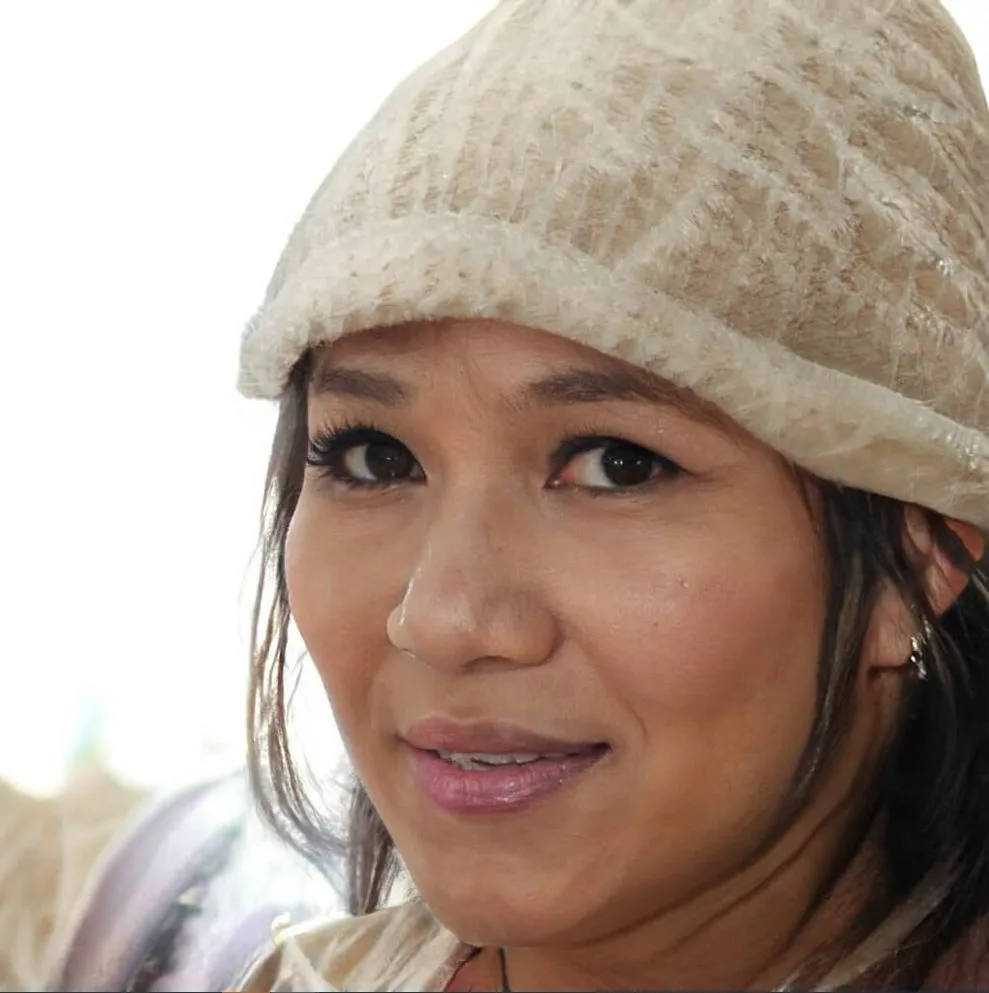A well-balanced Buddha bowl comes together in 5 easy steps-use this guide to build the perfect healthy bowl every time.
Each bowl is made up of 5 key components:
- Whole grains.
- Veggies.
- Protein.
- Dressing.
- “Sprinkles,” such as nuts, seeds, herbs or sprouts.
Are Buddha Bowls healthy?
A Buddha bowl is a great example of a healthy, balanced meal. With the majority of the bowl made of up fresh veggies, and the rest a healthy mix of carbohydrates and protein, it’s a great meal that you can feel good about.
What makes it a Buddha bowl?
A Buddha bowl is a vegetarian meal, served on a single bowl or high-rimmed plate, which consists of small portions of several foods, served cold. These may include whole grains such as quinoa or brown rice, plant proteins such as chickpeas or tofu, and vegetables.
Can a Buddha bowl have meat?
There’s brown rice, of course, but here you could use quinoa, barley, millet or any other ancient grain. While you can definitely keep your Buddha bowls meat-free, if you aren’t vegetarian, adding meat is a good way to bulk up the bowl and add some extra flavor.
What are the 5 key components of a Buddha bowl? – Related Questions
What happens if a Buddhist eats meat?
In contrast to the view of Hindu vegetarians, for Buddhists meat is not impure in itself. In principle, Buddhists would find nothing wrong with eating the flesh of an animal that had died from natural causes.
What foods are forbidden by Buddhist?
Buddha advised monks to avoid eating 10 kinds of meat for self-respect and protection: humans, elephants, horses, dogs, snakes, lions, tigers, boars and hyenas.
Is beef allowed in Buddhism?
The food that a strict Buddhist takes, if not a vegetarian, is also specific. For many Chinese Buddhists, beef and the consumption of large animals and exotic species is avoided. Then there would be the aforementioned “triply clean meat” rule.
Can Buddhist monk eat meat?
On the one hand, the vinaya (the rules of monks) explicitly allows monks to eat meat. On the other hand, Tibetan Buddhism idealizes the practice of compassion, and expects practitioners to focus their efforts on relieving the suffering of all sentient beings—a category that explicitly includes animals.
Why Buddhist Cannot eat garlic?
Aside from alcohol, some Buddhists avoid consuming strong-smelling plants, specifically garlic, onion, chives, leeks, and shallots, as these vegetables are thought to increase sexual desire when eaten cooked and anger when eaten raw ( 3 ).
Can Buddhists have tattoos?
TATTOOS AND BUDDHISM
Because they are viewed as temporary, getting tattoos doesn’t violate any Buddhist doctrines or beliefs. Some Buddhists say that tattoos are an unhealthy attachment to the body. However, even monks can have tattoos and some sects actually encourage them as a way to remember Buddhist teachings.
Can Buddhists drink alcohol?
Despite the great diversity of Buddhist traditions across various countries, Buddhism in general has restricted the consumption of alcohol since early times.
Why do Buddhist shave their hair off?
Ridding of your hair serves as a symbol of renunciation of worldly ego and fashion. In Buddhism, shaving your head (and face) is part of Pabbajja. Pabbajja is when a person leaves their home and “goes forth” to live the life of a Buddhist renunciate among ordained monks. It is a paramount step to becoming a monk.
Is coffee allowed in Buddhism?
While the jury is still out on coffee consumption, most Buddhists believe coffee in moderation is perfectly fine, as long as it does not interfere with the fifth precept, a guideline of morals for practicing Buddhists.
Can a Buddhist smoke?
The large majority of monks feel that smoking is not an appropriate practice and that there should be a Buddhist law that recommends they do not smoke. Most monks, however, have little understanding of the specific detrimental effects smoking has on them, as well as the effects of second hand smoke.
What happens if a Buddhist drinks?
According to Lopen Tashi Tshering, a lecturer at Institute of Science of Mind, the Buddha had this to say about alcohol, the most abused intoxicant of his time: “Intoxication can lead to the loss of wealth, increased unnecessary confrontations, illness, disrepute, and weakening of wisdom.”
Can you do drugs as a Buddhist?
Generally speaking, the vast majority of Buddhists and Buddhist sects denounce and have historically frowned upon the use of any intoxicants by an individual who has taken the five precepts.
What religion doesn’t let you smoke?
Jehovah’s Witnesses have not permitted any active members to smoke since 1973.
What does Bible say about tattoos?
Today they’re common everywhere from Maori communities in New Zealand to office parks in Ohio. But in the ancient Middle East, the writers of the Hebrew Bible forbade tattooing. Per Leviticus 19:28, “You shall not make gashes in your flesh for the dead, or incise any marks on yourselves.”
Does the Bible say not to smoke?
If people would follow these laws, they would live an abundant life. Yet mankind consistently chooses to violate these laws! Now it is true that nowhere in the Bible does God say, “Thou shalt not smoke.” But, with the Sixth Commandment He emphatically states, “Thou shalt not kill” (Exodus 20:13).
Is smoking sin in bible?
Smoking leads to many sinful actions, because smoking may have adverse effects on the smoker’s soul, exposing-him to problems and difficulties. Indeed a man may leave God’s house feeling the urge to smoke, as though his cigarette is more important to him than what God says and does.
Sissel er en erfaren kokk som elsker å lage mat, både på jobb og hjemme. Hos Matlyst deler Sissel enkle, men samtidig deilige oppskrifter som lar deg lage mat på profesjonelt nivå uten problemer og bekymringer.
